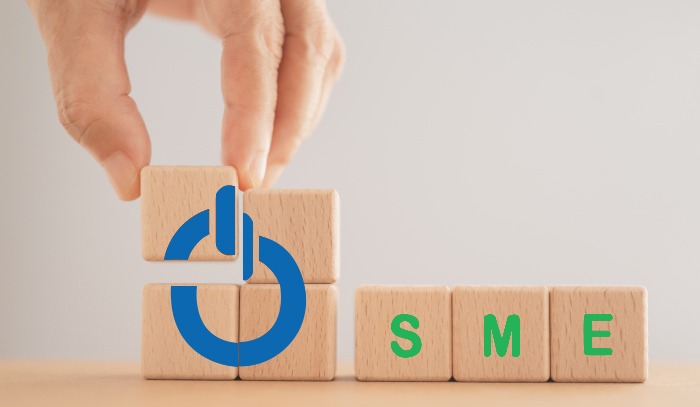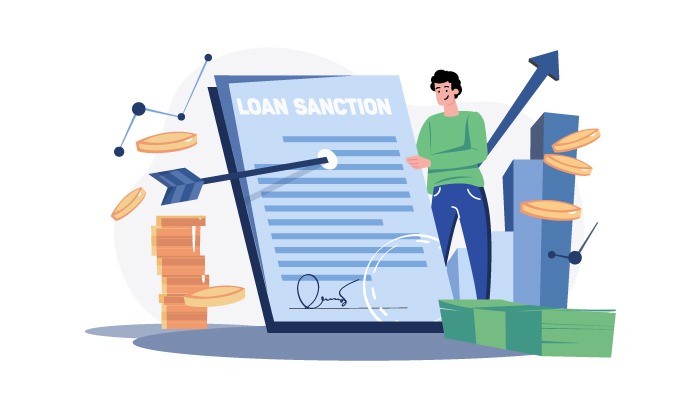Demystifying MSME or SME Loan Options (Variants, Tenure, Rates, and Use Cases)
In the dynamic landscape of today’s business world, small and medium-sized enterprises (SMEs) play a crucial role in driving economic growth and innovation. However, these businesses often face financial challenges that hinder their expansion and operational efficiency. To address these challenges, financial institutions offer a range of loan options tailored specifically for Micro, Small, and Medium Enterprises (MSMEs). In this comprehensive guide, we will delve into the various facets of MSME/SME loan options, including their variants, tenure, interest rates, and use cases.
Understanding MSME/SME Loans
MSME/SME loans are financial instruments designed to provide much-needed capital to small and medium-sized businesses to facilitate their growth, expansion, and day-to-day operations. These loans come with specific features and benefits that cater to the unique requirements and limitations of such enterprises.
Fund-based and non-fund-based facilities are essential financial tools that businesses use to meet their operational and growth needs.
Fund-based facilities involve the actual disbursement of funds by a financial institution to the borrower. These facilities are typically in the form of term loans, overdrafts, or cash credits. Businesses can use fund-based facilities for various purposes, such as working capital, expansion, or capital expenditure. These facilities come with interest payments and a principal repayment schedule, making them a debt obligation for the borrower.
- Working Capital Loans: These loans are aimed at addressing the short-term funding needs of SMEs. They are utilized to manage day-to-day operations, purchase raw materials, cover operational expenses, and manage inventory. Working capital loans ensure that the business runs smoothly without disruptions due to cash flow constraints.
- Term Loans: Term loans are generally used for long-term investments such as purchasing new machinery, expanding facilities, or launching new product lines. They have a fixed repayment tenure and are often repaid through regular instalments.
- Equipment Financing: This type of loan specifically caters to the financing of equipment and machinery. SMEs can acquire the necessary tools for their operations without incurring a large upfront cost. The equipment itself serves as collateral for the loan.
- Invoice Financing: In this form of financing, businesses can borrow money against their outstanding invoices. This helps SMEs bridge the gap between delivering goods or services and receiving payment from their clients.
Non-fund-based facilities, on the other hand, do not result in the direct transfer of funds but provide financial guarantees or assurances to the beneficiary. Common examples include letters of credit (LCs) and bank guarantees. LCs guarantee payment to suppliers upon meeting specific conditions, while bank guarantees assure performance or payment to third parties in case of default. Non-fund-based facilities reduce the borrower’s need for upfront cash and can facilitate international trade transactions and contractual agreements.
- Letter of Credit (LC): A letter of credit is a common non-fund based facility used in international trade. It serves as a guarantee from a bank to pay a seller if the buyer fails to fulfill their payment obligations. LCs provide security for both the buyer and seller in cross-border transactions.
- Bank Guarantees: Bank guarantees are issued by banks to guarantee a party’s performance or payment obligations. There are various types of bank guarantees, including performance guarantees, payment guarantees, and bid bonds. These guarantees help parties involved in contracts or agreements to mitigate risks.
- Bank Comfort Letter (BCL): A BCL is a statement issued by a bank on behalf of its client, confirming the client’s financial ability and willingness to enter into a specific transaction or agreement. BCLs are often used in commodity trading and other high-value transactions.
Tenure and Repayment
The tenure of MSME/SME loans can vary based on the type of loan and the institution providing it. Working capital loans typically have shorter repayment periods, often ranging from 6 months to 2 years. Term loans, on the other hand, can extend up to 5 to 7 years or more, depending on the purpose and the borrower’s creditworthiness. Equipment financing and microloans may have tenures between these ranges.
The repayment schedule can be customized to align with the business’s cash flow. Monthly, quarterly, or annual repayment structures are common, depending on the loan terms. It’s crucial for borrowers to carefully consider their financial capabilities before committing to a repayment plan.
Interest Rates
Interest rates on MSME/SME loans are influenced by various factors, including the type of loan, loan amount, borrower’s credit history, prevailing market rates, and the lending institution’s policies. Generally, interest rates for SME loans are higher than those for large corporations due to perceived higher risk. Here are some common types of interest rates:
- Fixed Interest Rate: A fixed interest rate remains constant throughout the loan tenure. This provides borrowers with predictability in their monthly payments, making it easier to budget for repayments.
- Variable/Fluctuating Interest Rate: Variable rates are tied to a benchmark rate (e.g., the prime lending rate) and can change periodically. While these rates can start lower, they introduce uncertainty as monthly payments may increase if the benchmark rate rises.
MSMEs play a pivotal role in fostering economic growth and job creation. Access to appropriate financing options can fuel their expansion and innovation, contributing to the overall development of economies worldwide. Understanding the nuances of MSME/SME loans empowers business owners to make informed decisions that align with their growth aspirations and financial capabilities.
Empower Your Business Growth Today! Apply for Ratnaafin Business Loan – Reach us at 1800-309-8010 or visit https://ratnaafin.com/business-loan/ for tailored financial solutions.


